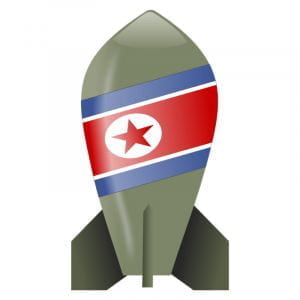
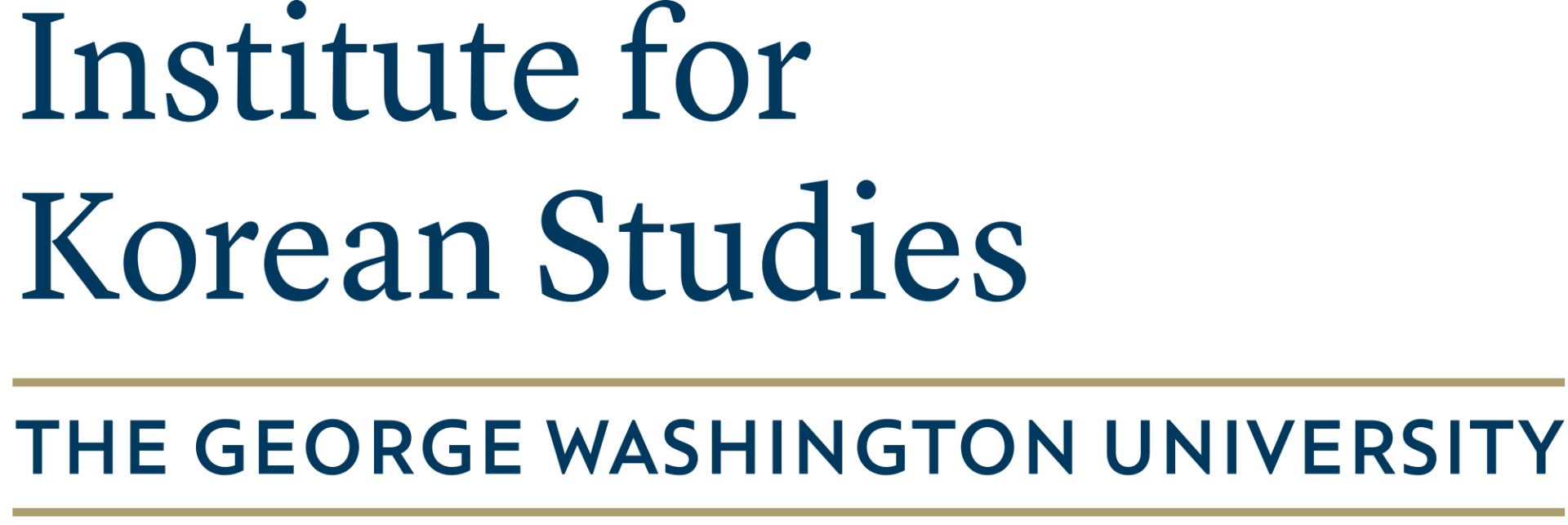
The GW Institute for Korean Studies & the East Asia National Resource Center Present:
Korea Policy Forum
“Prospects for a Nuclear Deal with North Korea“
Event Description
Less than four months ago, U.S. President Donald Trump briefly set foot in North Korea, becoming the first sitting U.S. president to do so. This was the third meeting between Trump and Kim in twelve months, an unimaginable development for Americans and Koreans alike. Ambassador Joseph Yun, former U.S. Representative for North Korea Policy (2016-18), will discuss whether these Trump-Kim meetings are just photo-ops or if they could lead to an agreement that will denuclearize North Korea and thus change the Korean Peninsula and the region.
Speakers
Ambassador Joseph Yun
Senior Advisor, the U.S. Institute of Peace
Welcoming Remarks
Jisoo M. Kim
Director, GW Institute for Korean Studies
Moderator
Yonho Kim
Associate Director, GW Institute for Korean Studies
Date & Time
Monday, October 14th, 2019
3:00 PM – 5:00 PM
Location
Room 602, Lindner Family Commons
Elliott School of International Affairs
1957 E Street, NW, Washington, DC 20052
Note: This event is open to public and on the record.
Speaker
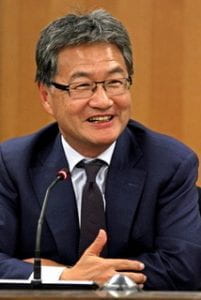
Ambassador Yun, recognized as one of the nation’s leading experts on relations with North Korea, as well as broader U.S.-East Asia policy, most recently served as Special Representative for North Korea Policy. Currently, he is Senior Advisor with The Asia Group, a DC-based strategic consulting firm, and the U.S. Institute of Peace, an independent and non-partisan federal institute working on peace and reconciliation issues throughout the globe. He is also a Global Affairs Commentator for the CNN. Yun’s 33-year diplomatic career has been marked by his commitment to face-to-face engagement as the best avenue for resolving conflict and advancing cross-border cooperation. As Special Representative on North Korea from 2016 to 2018, Ambassador Yun led the U.S. efforts to align regional powers behind a united policy to denuclearize North Korea. He was instrumental in reopening the “New York channel,” a direct communication line with officials from Pyongyang. As Principal Deputy Assistant Secretary for East Asian and Pacific Affairs (2011-2013), Yun led efforts to normalize diplomatic relations with Myanmar. Yun also served as Ambassador to Malaysia (2013-16). Before joining the Foreign Service, Yun was a senior economist for Data Resources, Inc., in Lexington, Massachusetts. He holds a M. Phil. degree from the London School of Economics and a BS from the University of Wales.
Welcoming Remarks
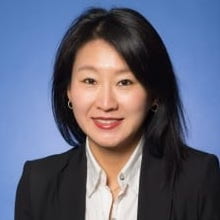
Jisoo M. Kim is Korea Foundation Associate Professor of History, International Affairs, and East Asian Languages and Literatures and Director of the Institute for Korean Studies at GW. She received her Ph.D. in Korean History from Columbia University. She is a specialist in gender and legal history of early modern Korea. Her broader research interests include gender and sexuality, crime and justice, forensic medicine, literary representations of the law, history of emotions, vernacular, and gender writing. She is the author of The Emotions of Justice: Gender, Status, and Legal Performance in Chosŏn Korea (University of Washington Press, 2015), which was awarded the 2017 James Palais Prize of the Association for Asian Studies. She is also the co-editor of The Great East Asian War and the Birth of the Korean Nation by JaHyun Kim Haboush (Columbia University Press, 2016). She is currently working on two book projects titled Suspicious Deaths: Forensic Medicine, Dead Bodies, and Criminal Justice in Chosŏn Korea and Sexual Desire and Gendered Subjects: Decriminalization of Adultery Law in Korean History.
Moderator
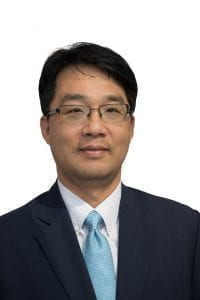
Yonho Kim is Associate Research Professor of Practice and Associate Director of GW Institute for Korean Studies. He specializes in North Korea’s mobile telecommunications and U.S. policy towards North Korea. Kim is the author of North Korea’s Mobile Telecommunications and Private Transportation Services in the Kim Jong-un Era (2019) and Cell Phones in North Korea: Has North Korea Entered the Telecommunications Revolution? (2014). His research findings were covered by various media outlets, including Wall Street Journal, The Atlantic, Yonhap News, and Libération. Prior to joining GWIKS, he extensively interacted with the Washington policy circle on the Korean peninsula as Senior Researcher of the U.S.-Korea Institute at Johns Hopkins University School of Advanced International Studies, Senior Reporter for Voice of America’s Korean Service, and Assistant Director of the Atlantic Council’s Program on Korea in Transition. He holds a B.A. and M.A. in International Relations from Seoul National University, and an M.A. in International Relations and International Economics from Johns Hopkins University School of Advanced International Studies.
